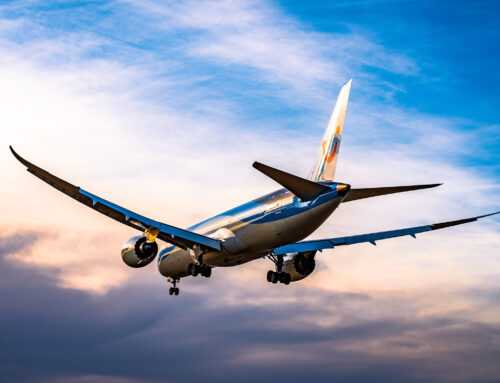Malaria
According to the World Health Organization, malaria killed 429,000 people in 2015, and there were 212 million cases of this dangerous feverish illness. If you are going to an area where malaria occurs, you will want to start taking antimalarials as part of your travel health regime.
How do travellers get malaria?
Malaria is transmitted through the bite of a female Anopheles mosquito infected with Plasmodium, a single-celled parasite. This parasite does not cause illness in the mosquito, but it is thought to influence its behaviour by making it more likely to bite. When a person is infected with the parasite, it travels to the liver to mature and reproduce. Infection with the malaria parasite causes flu-like symptoms such as:
- fever with shivering and sweating
- headaches
- muscle aches
- vomiting
Malaria recovery can take a long time, and it is likely that you’ll be unwell with malaria after the end of your trip. You may relapse several times, and be too unwell with malaria to work or go to school.
If you suspect you have malaria, seek medical attention right away. Do not wait until you return to the United Kingdom.
How long do I need to take antimalarials?
There are several types of antimalarials, and some are better suited to certain people than others. The type of antimalarial tablet recommended for you at your travel health appointment will vary depending on where you are going and when you are going. Please bring information about your itinerary and medical history to your travel health advice appointment. Your consultation is entirely confidential.
If you believe you will require antimalarials, schedule your travel health appointment at least six to eight weeks before your trip. This will allow for a short test course of antimalarials so you can check for side effects.
You must begin taking your antimalarial tablets before you arrive in the malarious area. You will take them during your stay, and continue to take antimalarials for a few days after you leave. It can be difficult to figure out the right regime for a multi-stop trip, but your travel health adviser will walk you through it. They can also ensure you have enough pills for your entire visit.
Malaria prophylaxis is approximately 90% effective, so you will need to supplement your tablets with mosquito-avoidance tactics. This will help you avoid other mosquito-borne illnesses, some of which can’t be prevented by vaccines. Learn more about avoiding mosquito bites in our article.
Which mosquito repellent is best for me?
The most effective mosquito repellent is 20% DEET, which will keep you protected for about three hours. Don’t forget to reapply after swimming or if you are sweating heavily. Keep DEET-based insect repellent away from your eyes, mouth, and any broken skin. According to Travel Health Pro’s advice on avoiding insect and tick bites, 20 percent DEET is safe during pregnancy, breastfeeding, and for babies older than two months.
Clothing to prevent mosquito bites and avoid malaria
Wear loose-fitting clothes that cover your arms and legs in the evenings. Cotton clothing can be treated with 20% DEET if desired.
Keep mosquitoes out of your sleeping area
Avoid staying near still water, which can harbour mosquito larvae. If there are larvae present, there will be adult mosquitoes seeking a blood meal from your exposed skin!
Look for well-kept buildings with clear gutters and drains, and inquire whether the rooms have been treated against mosquitoes. It’s a good idea to check the walls before going to bed because this is where mosquitoes frequently rest between feedings.
If possible, choose a room with air conditioning so that you can close the windows and doors at night. If that is not an option, door and window screens can be useful, but only if they are in good condition. Use mosquito nets if they are available, and consider purchasing a lightweight one to carry with you.
Treat any fever with caution if you have recently returned from a malarious area. Consult a doctor and inform them that you have been travelling in a region where malaria is endemic.




